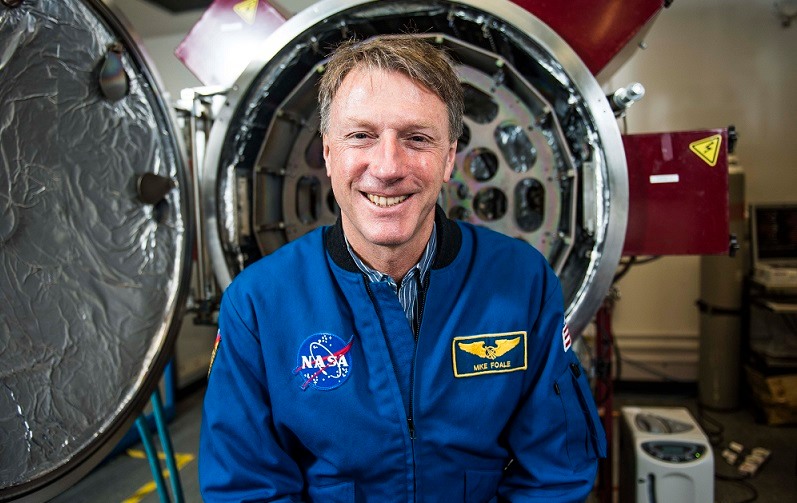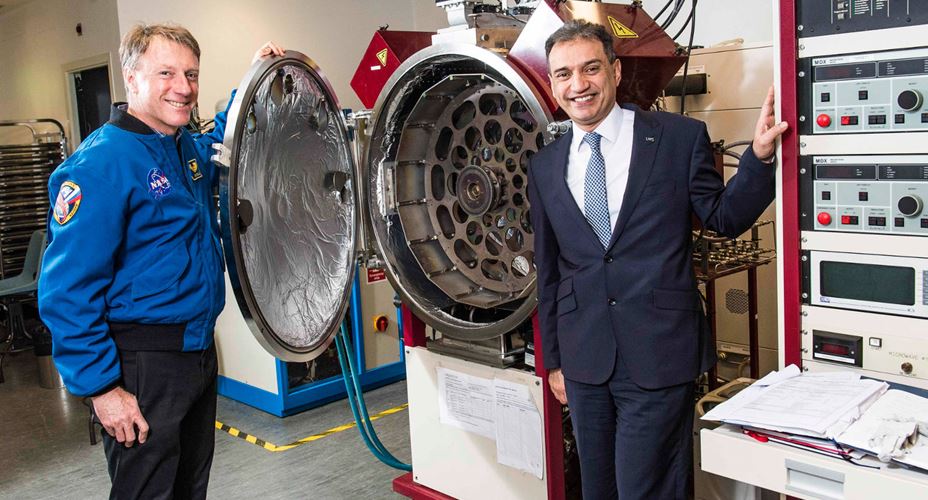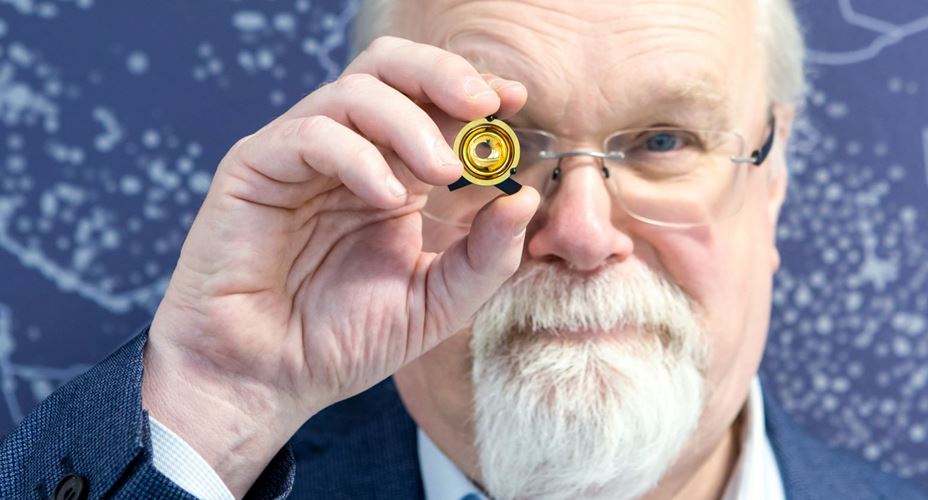
UWS has a partnership with the International Space School Education Trust (ISSET) which will see UWS research projects being tested out on the International Space Station (ISS).
The initiative, which will give the University and its PhD students the opportunity to collaborate with NASA and other American academic institutions, aims to apply research to tackle challenges we face both on Earth and in space.

Through the partnership, leading UWS academics will have the opportunity to exploit their knowledge in areas such as gas sensing technologies for growing healthy plants on the ISS, the effects of growth hormone administration on muscle mass and cognitive function, and the changes in material decomposition in space, among others.
In addition to the launch of the initiative, the University has also announced the creation of three fully-funded PhD scholarships as part of the partnership, available to students in the UK, EU and world-wide, giving them the chance to be part of a unique, experimental research programme in Scotland.
Professor Des Gibson, Director of the Institute of Thin Films, Sensors and Imaging at UWS, said:
“UWS’s Institute of Thin Films, Sensors and Imaging is bringing sensor technology to this project to look at optimising plant growth in a space environment. The project gives UWS the opportunity to work with prestigious organisations such as NASA and ISSET, and for the students, it’s allowing them to experience a real-world project, applying science they’ve learned at UWS to space.”
